Guest Post: When Summer Blew Up by Shervine Thompson
Title: When Summer Blew Up
Author: Shervine Thompson
Pages: 461
Publisher: Xlibris
Publishing Date: February 12, 2016
Genre: Young Adult/Coming of Age, Drama, Romance

Synopsis: When Summer Blew up, it meant one thing for the ever overly spunky Autumn Vanderpool. That her life was over, along with her hopes of ever being an elite Olympian Gymnast. Now she is back in Guanela, the island where she grew up, forced to live with her tyranny aunt, whom she considers to be the Joker's identical twin. Her only worry now is survival and to completely forget her past. That's until she met the boy with the red shoes. He is the charming Brainiac while she is the girl who nobody wants to be around, but yet they soon become close friends. Now she is pushed to look at herself in a whole new light, and pursue her dream of becoming an Olympian Gymnast, and although she may have gotten on the audition team, staying there is only half the battle. But her dark past and the infamous 'they' aren't happy with the new Autumn, and threatens to destroy her new found happiness. When Summer Blew Up follows the friendship of two teens growing up in the 1980s to adulthood.
Guest Post
For the Love of Time Travel: Writing a Novel That is Way Before Your Time by Shervine Thompson
I’m a 90’s kid. But I have to be honest with you. I love the 80’s, and hence this is what inspired me to write my first novel ‘When Summer Blew Up’. I wanted to explore what it would be like to be a teenager growing up in the 1980’s. How did these kids manage to have the time of their lives in a decade where social media, cellphones, and computers were never in existence? Thinking about writing a book set way before your time? Well you may not have to time travel like Marty did in ‘Back to the Future’. I’m going to break down my top five tips to writing a decade novel that will pull your readers back in time.
via GIPHY
5. Do Your Research
Not only was my novel about teens growing up in the 1980’s. It was also about teens growing up in the 1980’s in the Bahamas (called Guanela in the book). The trouble I had with this was that anything available online before the 21stcentury was scarce. If you have this similar problem a good idea would be to reach out to your public records department for newspaper articles from the decade you are writing about. Not only will this give you a clear insight on what it was like to grow up in that particular town or country during this time period, but it will also provide you with historical facts that you could integrate into your story line and make your novel a whole lot more accurate. Another tip would be to visit an old folks home and interview persons who may have grown up in this decade. Ask them questions like, what did they do for fun? How were the teachers different back then? How did kids feel towards their parents? What was okay for people to do back then that could possible get them arrested today? On another note, while doing research could make your story more accurate, be careful not to overwhelm your readers with too much miscellaneous information. After all, you are writing a novel, not a history book. If your novel is set in the 1950’s, your readers shouldn’t be hearing about who invented the DNA that year if it has no significant impact on your plot or main characters.via GIPHY
4. Get into the Groove
Listening to music can trigger a string of emotions. Some songs make you sad, others make you angry, while there are those songs that immediately send a burst of energy through you no matter how tired and worn out you may be. Although writers are strongly warnedagainst putting song lyrics in their work, listening to music from a particular decade can put you in the perfect mood for getting started with your novel. Decade-based films such as ‘The Notebook’ and ‘Footloose’, use a particular selection of songs to get their audience more engaged and give them the feeling that they too are in that time period. A lot of artists also tend to use iconic street terms and colloquialisms that only people who grew up in this decade could remember. This can help you to create dialoguesthat pop right out of the page, and make your characters so distinct from one another that your readers know them from the first line they speak. Make a possible soundtrack for your book as if it were a screenplay. Then go for a long drive, or a stroll in the park, and you’d be amazed at how each song develops different scenes in your book.via GIPHY
3. Art Is for Everyone
As the old saying goes, a picture says a thousand words. Many of the scenes in my book were based on actual street paintings, and owning to the fact that I already had a limited resource on the Bahamas in the 1980’s, the paintings sure made up for it. To ensure that you’re not just looking at random photos from the 60’s and 70’s, create a list of themes and genresexplored in your book. For instance, if you arewriting a novel about urban teens wanting to go to space camp, then the type of paintings to look for can be urban teens, astronauts, poverty, and friendship. Write down the first few thoughts that come to mind when you look at these paintings and try to create a mini storyline based on each of them. Save these paintings somewhere or print them off. When you’re done looking at as much paintings you can bare, go back to them and see if the same thoughts you’ve created previously still remains.
via GIPHY
2. Have A Movie Night
Done all your research and still can’t seem to capture the essence of a decade? Have a movie night. Watch as many movies from that decade that you can get your hands on. If it’s anyone who can capture a decade in all its glory, it’s got to be movies. They have an edge for doing this flawlessly every time; from the cars, the characters’ hair, straight down to what they eat. Again, when watching these films, do not forget your trusty notepad. Make outlines for your main characters and put what style and dialogue would suit their personalities based on what you see in the film. Also,do not hesitate to watch movies about the genre you are writing about. If you are writing a decade novel about people in the army, then watch war movies, both past and present.
1. Who is this Guy?
My number one tip has not much to do with decades, but a whole lot to do with the success of your novel in general. If you walk away with one thing, let it be this. Know your main character. They are the heartbeat of your novel. Make them someone your readers will never forget even if they tried. How do they look?What are their likes and dislikes? What is their relationship with others? Is this a person you would want to make angry? Are they someone even you yourself would be friends with in real life? This will then help you decide how they would fit into the decade you are writing about. A single woman from the 1960’s who is dedicated and driven might find it far more difficult in getting a job than a woman who is also dedicated and driven but living in the 90’s.So there you have it. My top five tips to writing a killer decade novel. You’re now on your way to writing success. Also, remember that writing a decade novel shouldn’t be looked at as a tasks,but a learning experience. Although ‘When Summer Blew Up’ took far more research and time then it would have if I was to have written a novel set in the 21st century, I’ve nevertheless learned a whole lot about the 80’s and enjoyed every minute of it. With that being said, I wish you all the best on your writing.
About the Author

Shervine Thompson was born in Nassau, Bahamas, and was writing short-stories from the age of eight. She recently obtained a bachelor’s degree in Biochemistry from the College of the Bahamas, where she also took courses in film and Bahamian literature. When she is not writing, she loves to travel, and also does ballroom dancing. She is currently studying medicine at the University of the West Indies, Bridgetown, Barbados.
Amazon | Goodreads

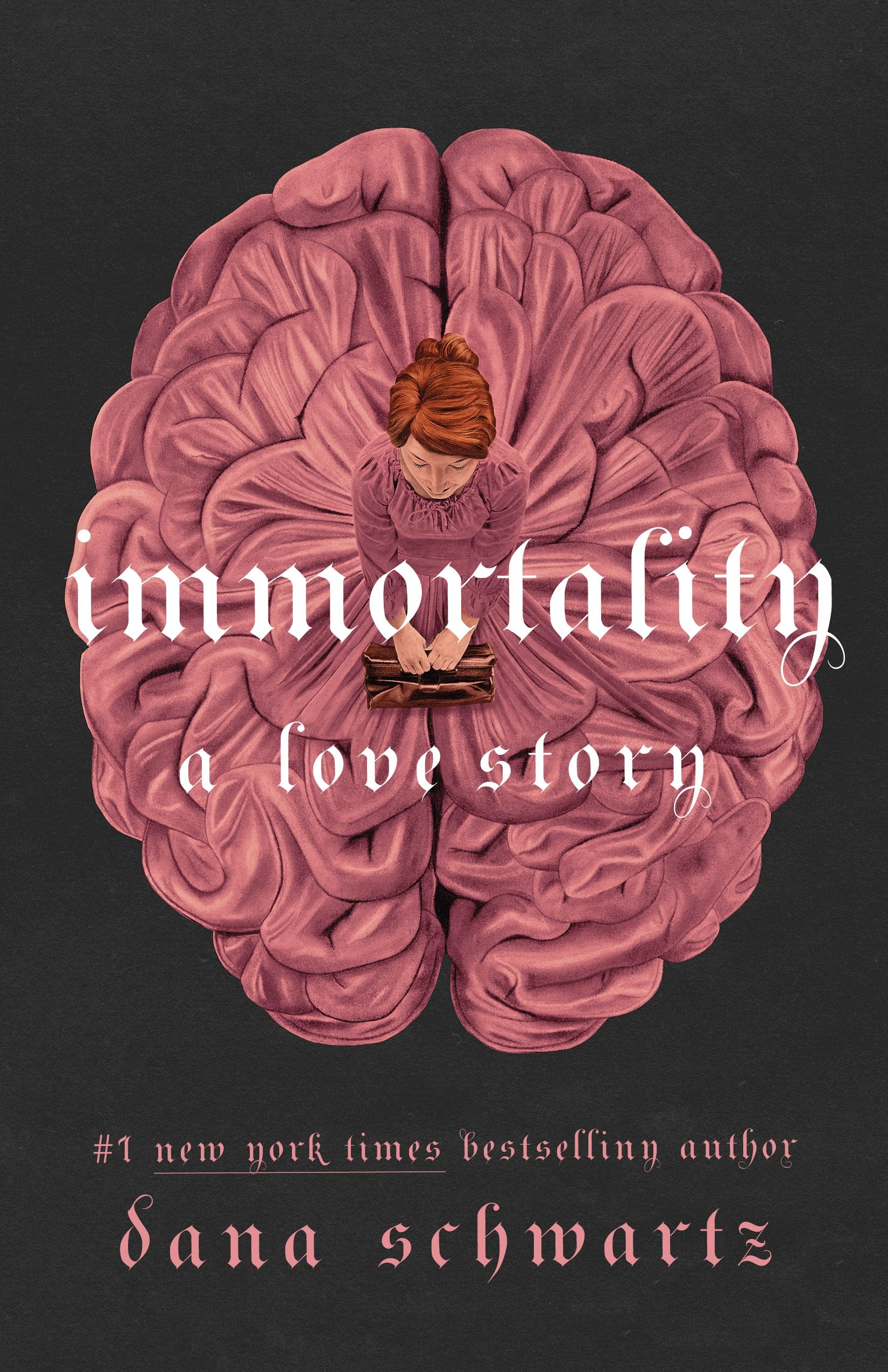

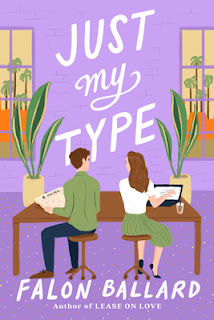
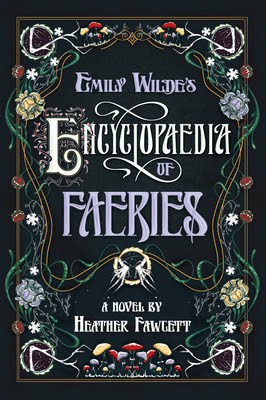
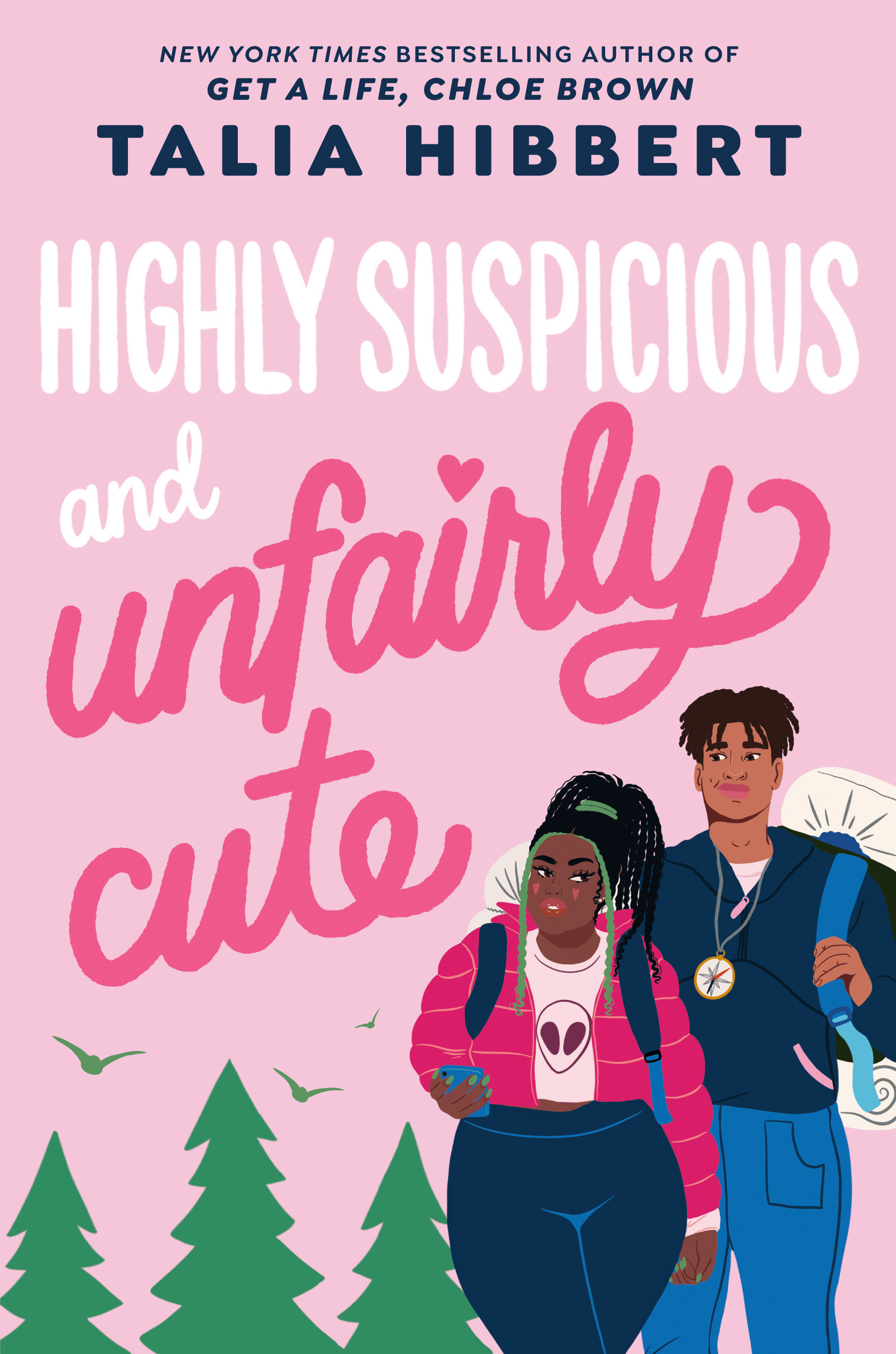

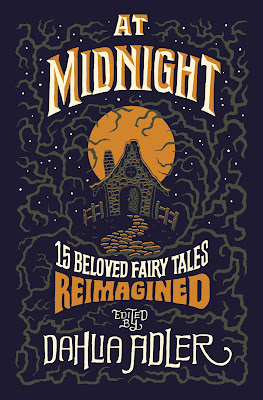
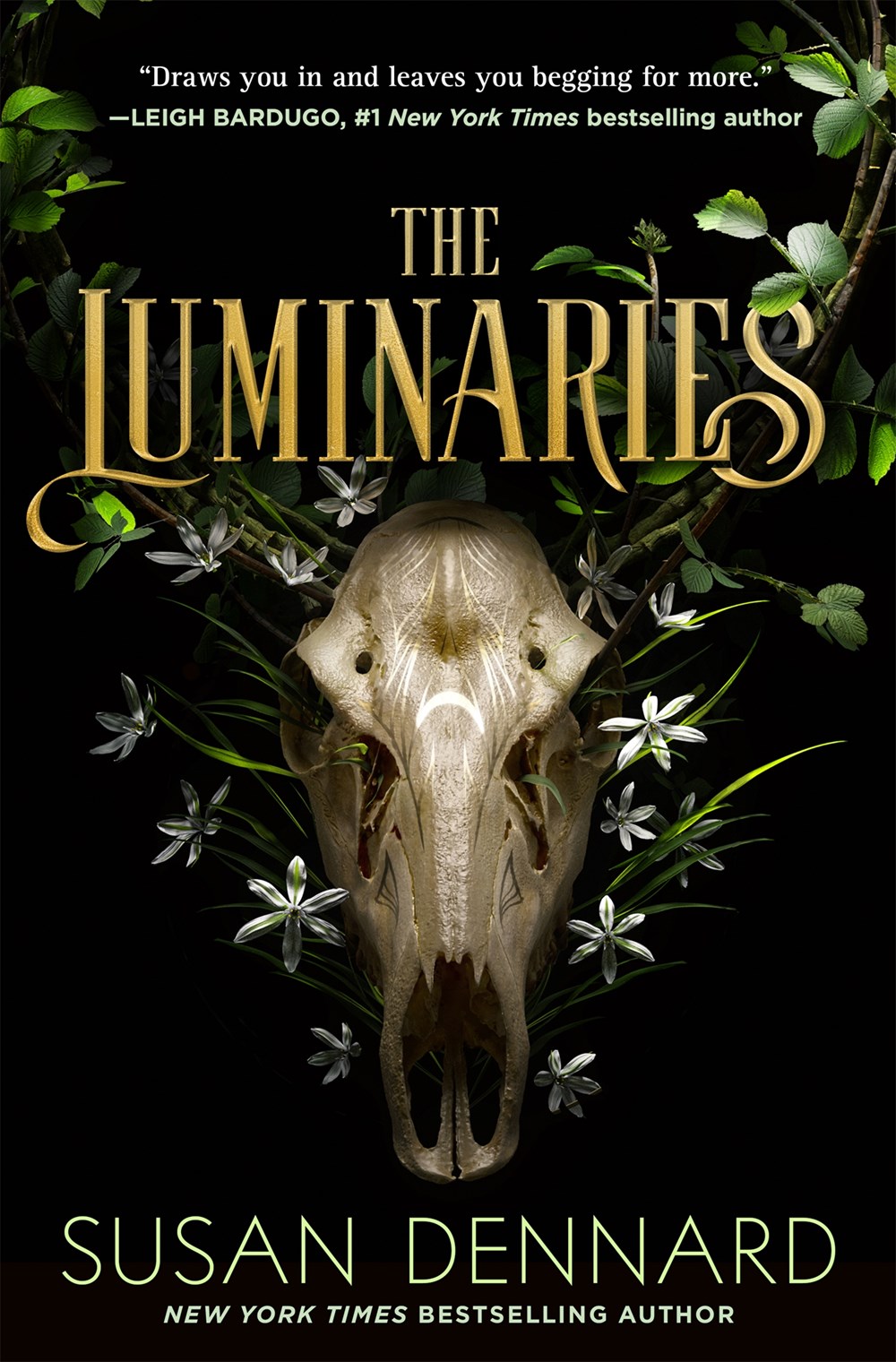







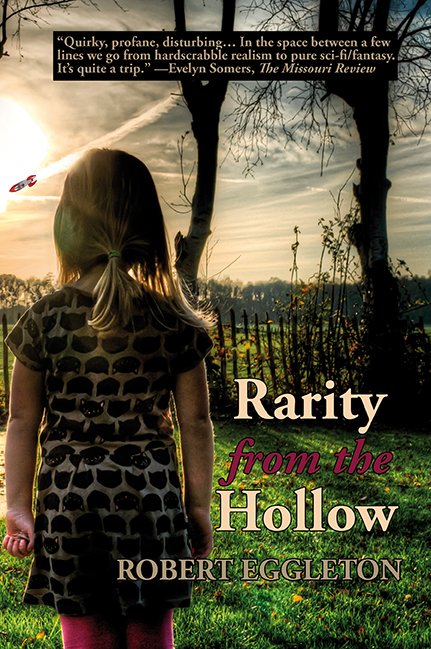



0 Comments